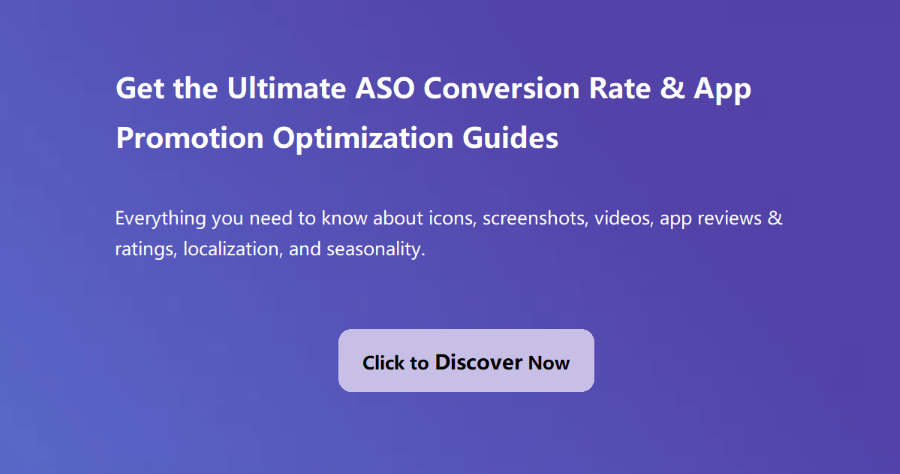As an app developer aiming to shine in the expansive app marketplace, harnessing the power of your app's ratings and reviews is key to capturing potential users' interest. Let's explore why these elements are so impactful and how they can really change your app's position in the App Store rankings.
What Are App Ratings?
App ratings are the average score of all the star ratings an app has received, with 5 stars being the highest score. They serve as a quick indicator of an app's overall quality and user satisfaction.
Does App Store Show Rating Stars?
Yes, the App Store displays rating stars prominently. Users can quickly see the average star rating of an app on the app's product page, and they can also filter search results based on ratings.
Expert Insights: To maintain a high star rating, focus on providing excellent customer support and regularly update your app to fix bugs and introduce new features that meet user needs.
Is the Apple App Store Review the Same as a Rating?
No, they are not the same. An App Store review is a written comment that a user can leave, along with a rating, to provide feedback about their experience with an app. A rating, on the other hand, is a score typically given on a scale of 1 to 5 stars that reflects the user's level of satisfaction with the app.
How Important Are App Store Ratings & Reviews?
App Store ratings and reviews are vitally important for several reasons:
- User Perception: High ratings can create a positive first impression, encouraging downloads.
- Feedback Loop: Reviews provide valuable user feedback for improving the app.
- App Store Optimization (ASO): Ratings and reviews can affect an app's visibility and ranking within the store.
Expert Insights: When aiming to enhance your app's visibility and credibility in the App Store, consider utilizing ASOWorld's app rating and review services.
Our tailored approach helps boost your app's ratings, ensuring that potential users see a positive first impression.
Why Do Customers Provide Ratings and Reviews on the App Store?
Customers provide ratings and reviews for various reasons:
- To Share Experiences: Customers often want to share their experiences, whether positive or negative, to inform potential users about what they can expect from the app.
- To Suggest Improvements: Users may provide constructive feedback and suggest features or changes they would like to see, which can be invaluable for app development.
- To Express Satisfaction or Frustration: A rating or review is a direct way for users to express their satisfaction with a great app or their frustration if the app has issues.
Expert Insights: Engage with your users by responding to reviews, especially negative ones, to show that you value their input and are committed to improving their experience. This engagement can often turn a negative review into a positive one.
👉 Mastering ASO: Turning Negative Reviews into Positive Growth
How Do App Ratings & Reviews Affect App Store Rankings?
App ratings and reviews are among the most critical factors influencing an app's ranking in the App Store. Here's how they can affect an app's visibility and discoverability:
- User Trust and Conversion: High ratings and positive reviews can increase user trust, which in turn can lead to higher download and conversion rates. The App Store tends to rank apps with higher download rates more favorably, as they indicate popularity and quality.
- Algorithmic Considerations: While the exact workings of the App Store algorithm are not publicly disclosed, it's widely acknowledged that ratings and reviews play a role in how apps are ranked. Apps with higher ratings and more positive reviews are likely to be ranked higher in search results and category charts.
- Keyword Relevance: Reviews often contain keywords that are relevant to the app. These keywords can help the App Store's search algorithm understand what the app is about, potentially improving its ranking for those search terms.
- Feedback Loop: Ratings and reviews provide a feedback loop for developers. By addressing the issues mentioned in reviews and improving the app, developers can foster better ratings, which can lead to improved rankings.
Expert Insights: To optimize app rankings, developers should implement strategies to encourage users to leave ratings and reviews. This can include in-app prompts at opportune moments, such as after a positive user experience or achievement.
Additionally, developers should monitor reviews for insights and trends, and actively respond to both positive and negative feedback, which can encourage more users to leave reviews and improve public perception of the app.






